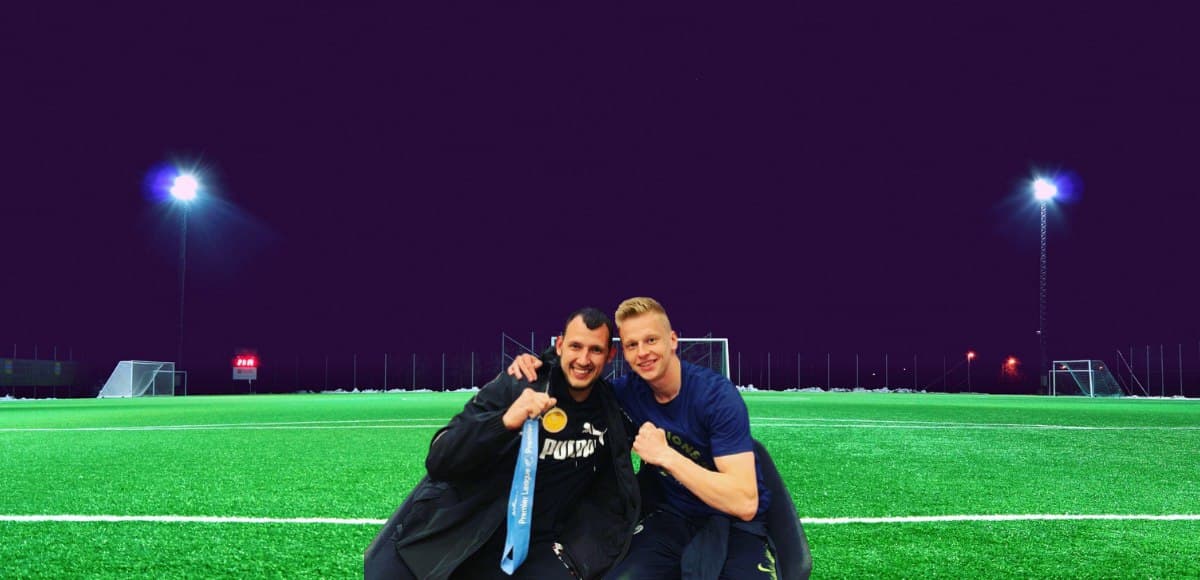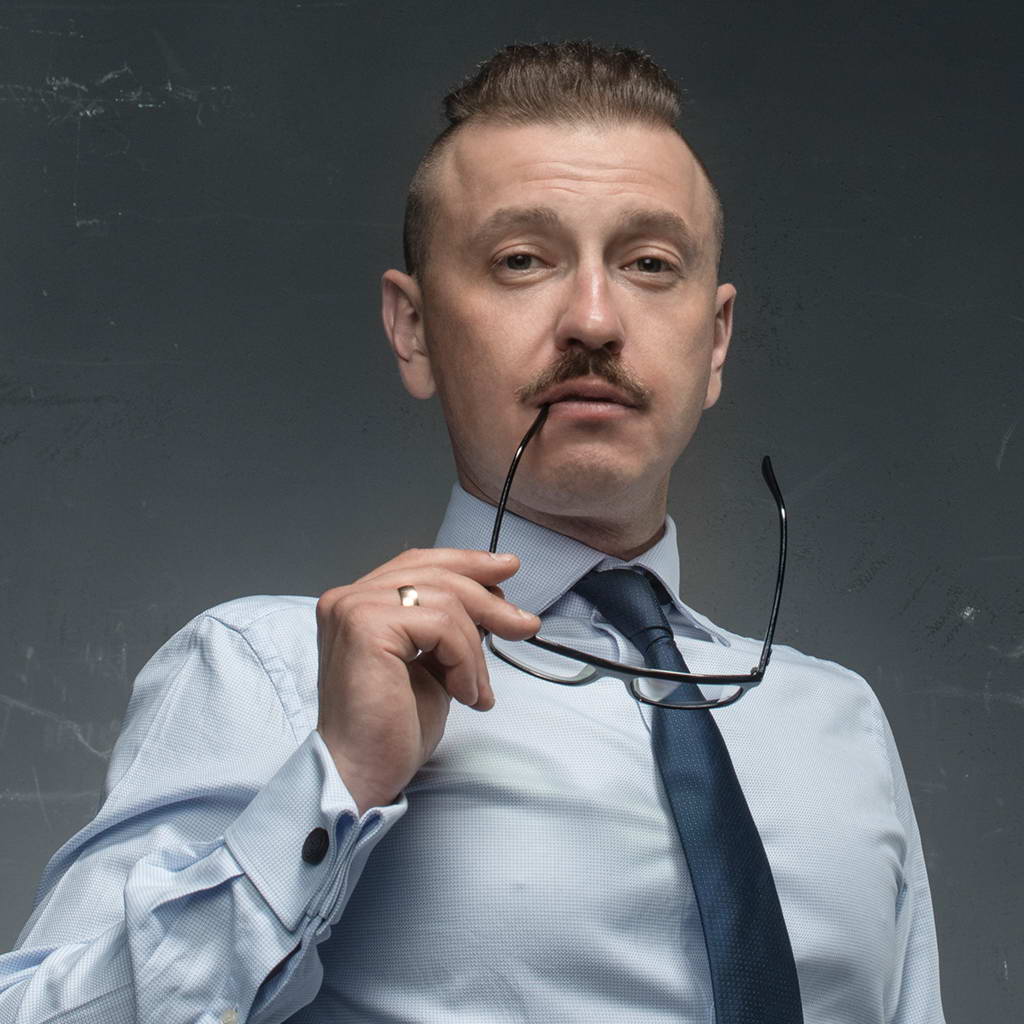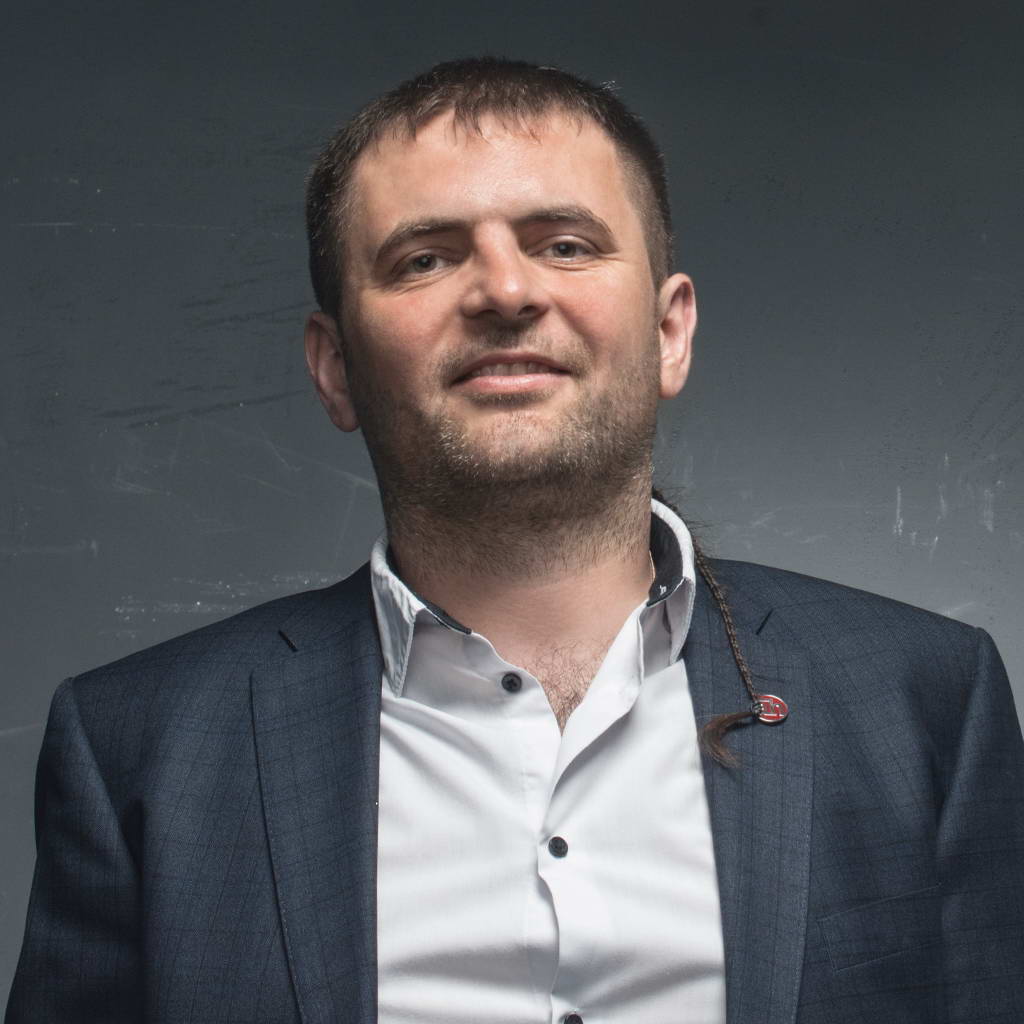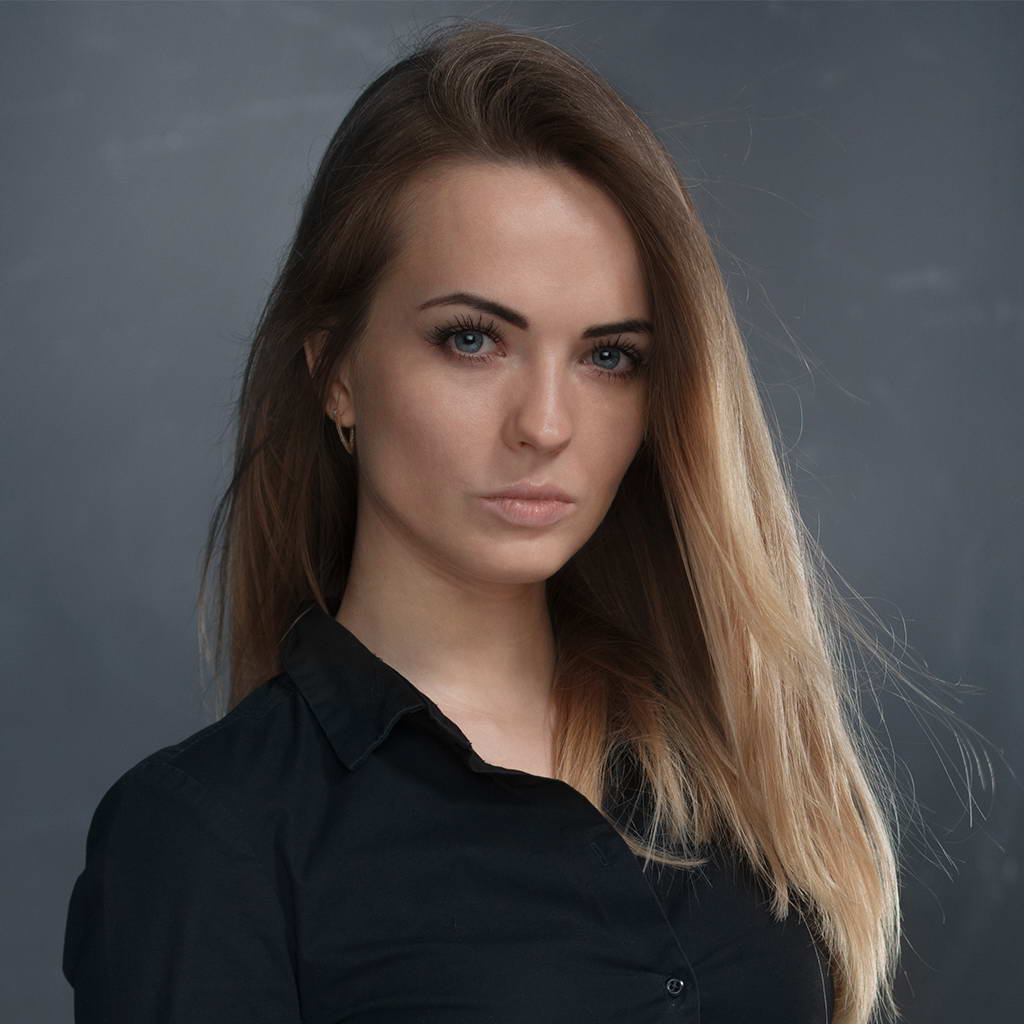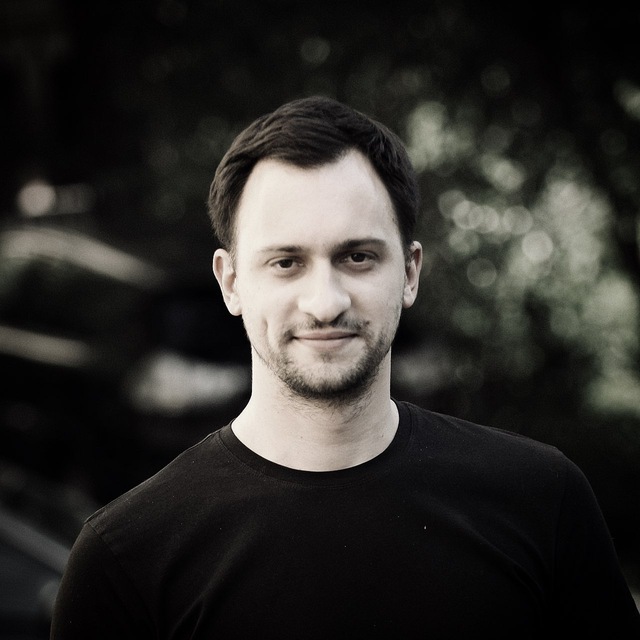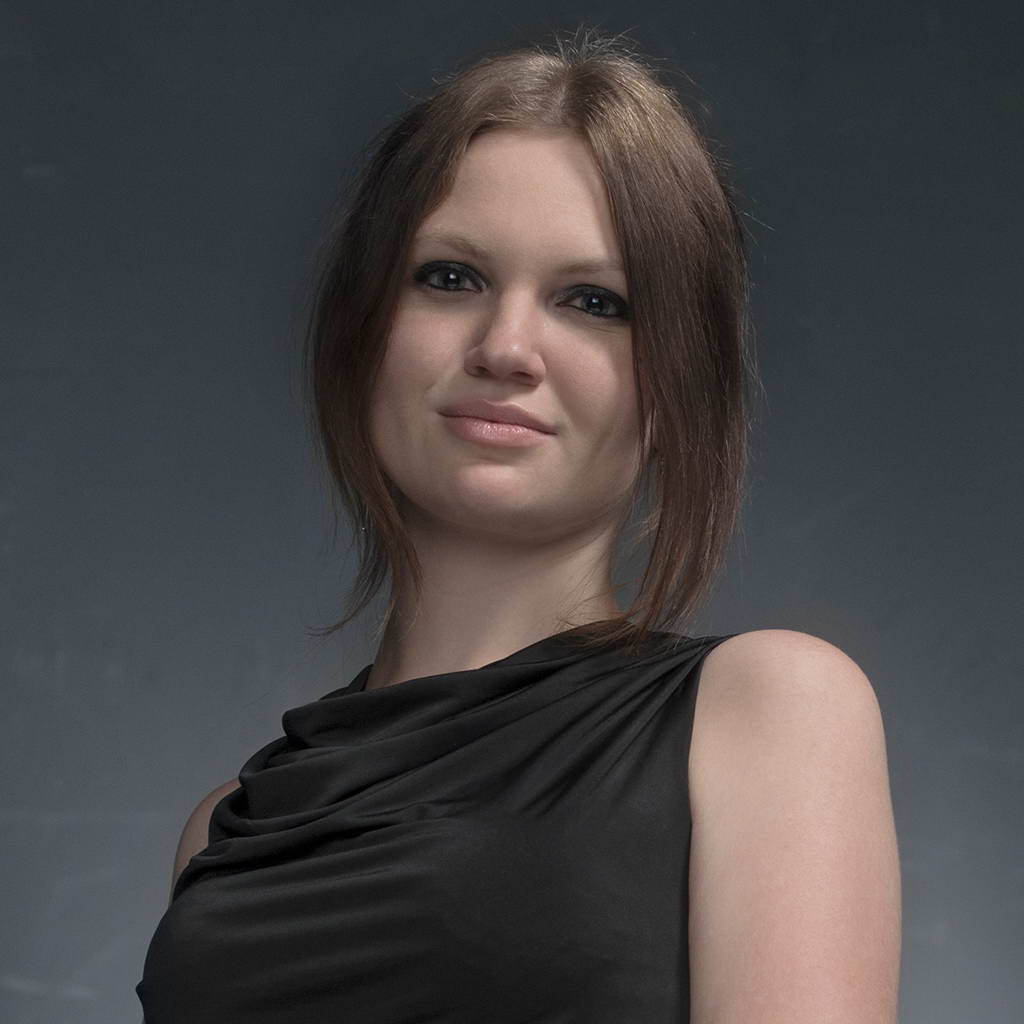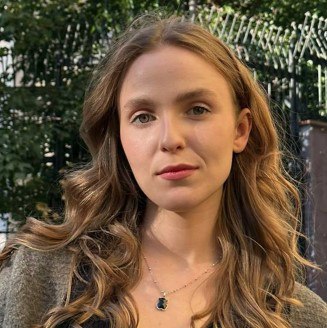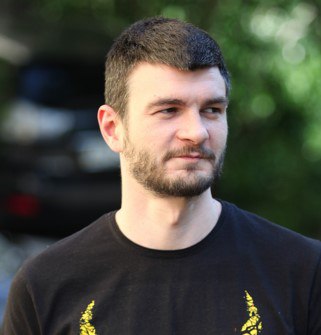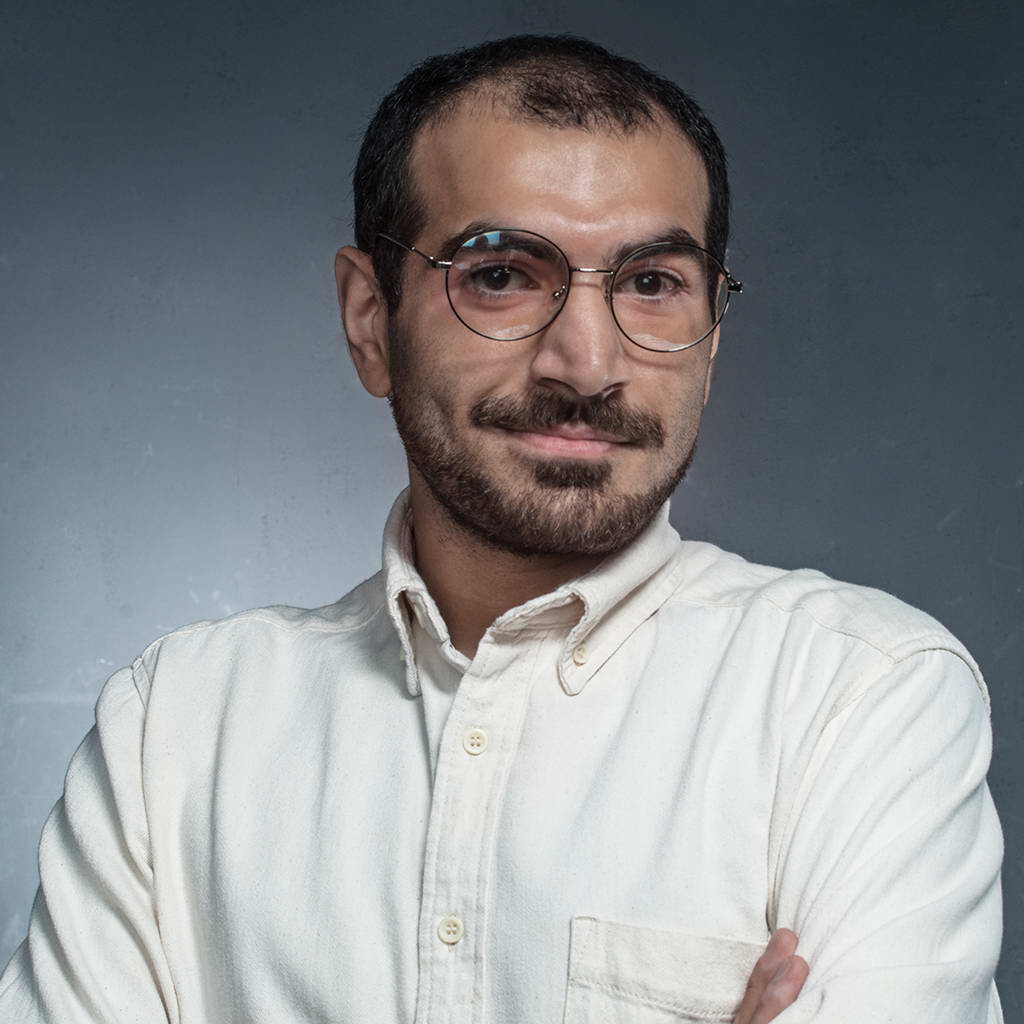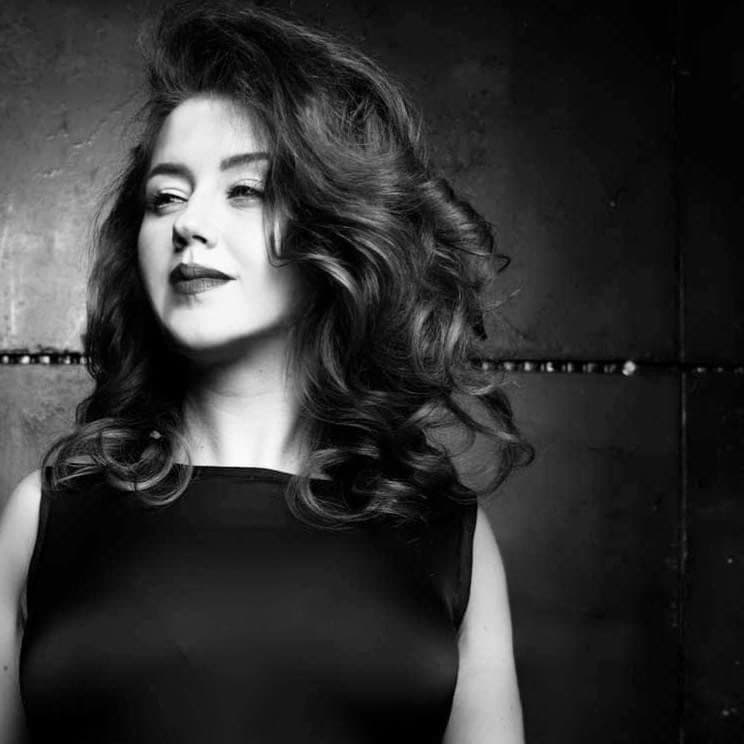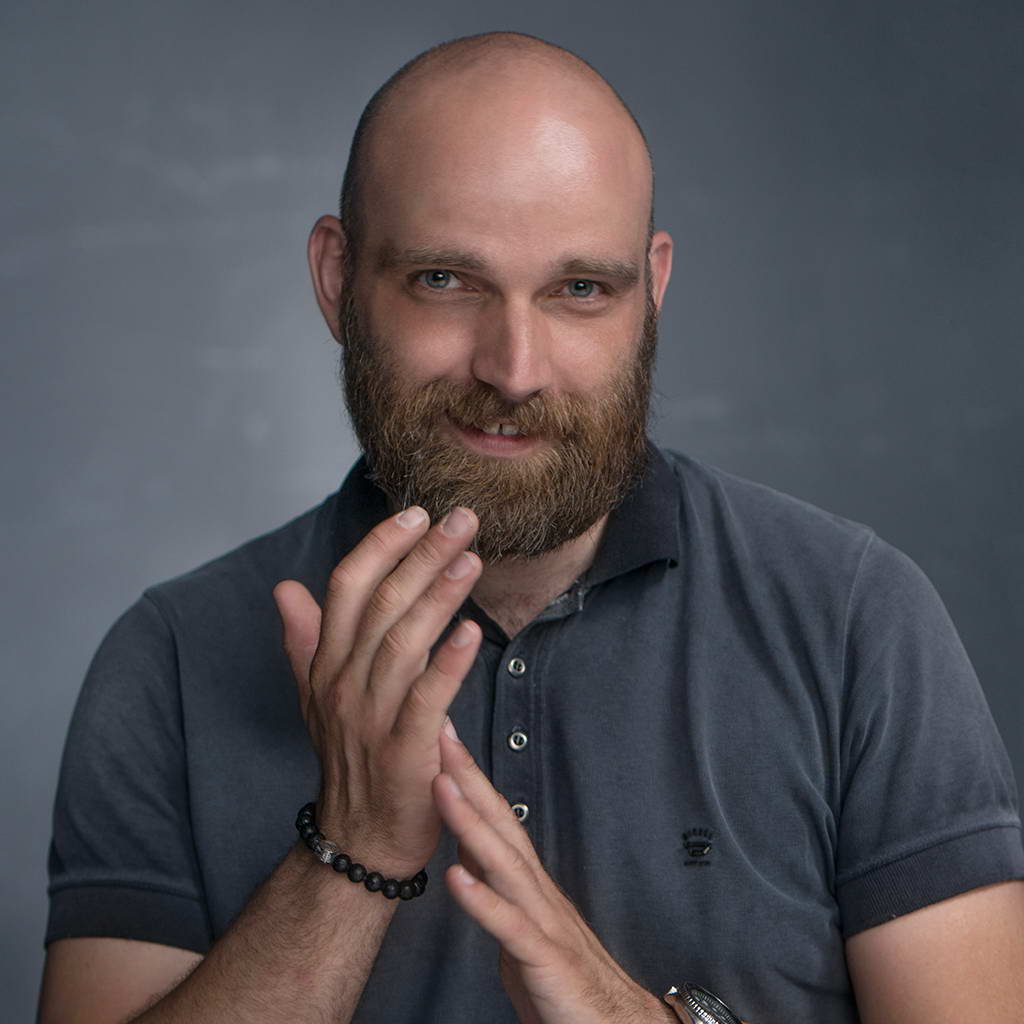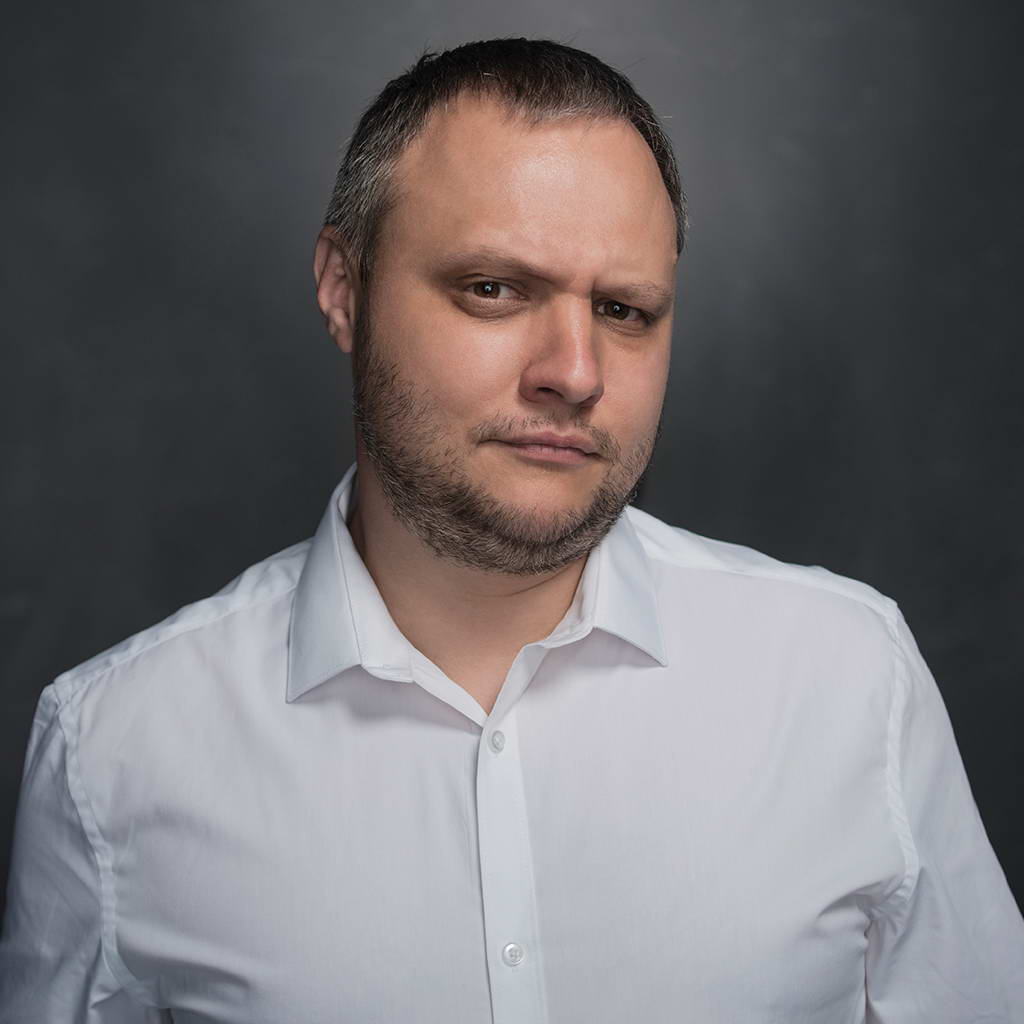“Netflix contacted to shoot a documentary”: an exclusive interview with Artem Riabov about sports marketing, communication, and image
Artem Riabov is an expert in sports marketing, personal manager of Oleksandr Zinchenko, the defender and midfielder of the "Manchester City" club, and the national football team of Ukraine. The interview was conducted exclusively for MMR by Andriy Franchuk, Brain Tank Creative Director. Andriy and Artem talked about how marketing works in the world's most popular and, therefore, expensive sport. They also discussed Ukrainian management's lack of football clubs and individual players and how they can succeed locally and internationally.
Franchuk: How does a business choose to become a partner of this or that football match?
Riabov: Football is the most popular sport in the world, the audience is huge. Also, do not forget that such a partnership is a part of the brand's image communication. When a brand is associated with a chosen club, a national team, it evokes pleasant associations for the consumer. Therefore brands go to a partnership with certain teams, players.
Now every football club is a business. Every player is a star. You can communicate about your product through the personal fans of a football player. If we take the national team of Ukraine, then the main person there is Andriy Shevchenko, one of the most famous football players, winner of the golden ball. Brands are very impressed with the opportunity to work with such a person.
When talking about English football, we interact with sponsors with completely different brands — from tire sellers to the dating app Tinder. For example, in the next Premier League season, Tinder will have the option to meet at the stadium. While being at the stadium, the application finds candidates suitable for dating in this geolocation.
Since the brand works with the club, it can use it for advertising footballers, whose recognition is colossal. Most players have about 2-3 million followers on Instagram. This is an opportunity to increase awareness not only within one country but all over the world.
Also, according to the contract, the sponsor has the right to involve players in various internal activations. For example, if a brand needs activation in the German market, they choose the most popular players in that region.
The partnership between the club and the brand is a long-term, mutually beneficial cooperation. The parties carefully monitor that the image of both parties only benefits and pay close attention to all possible risks.
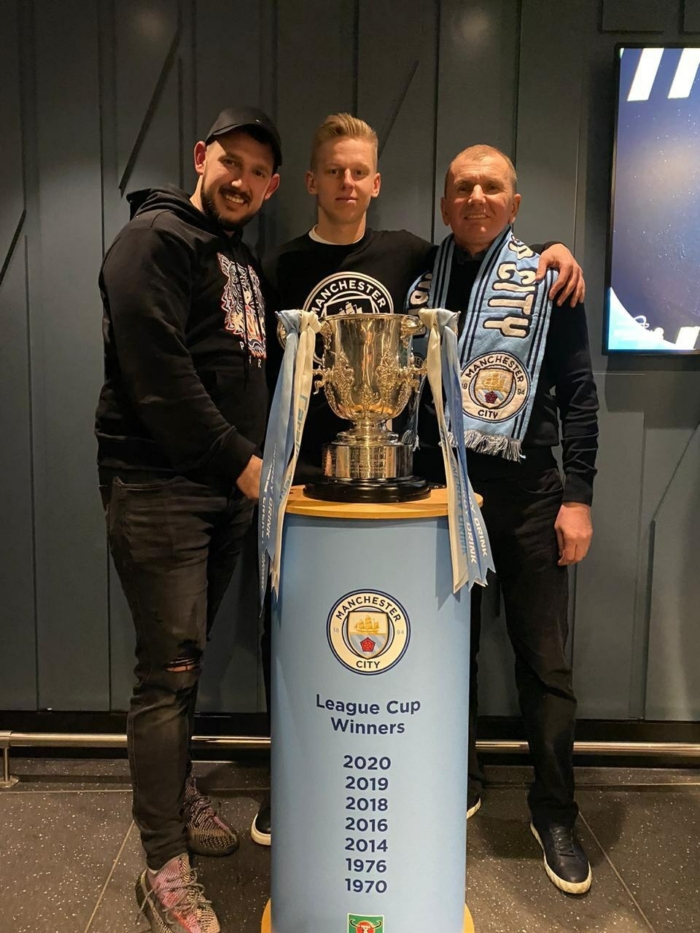
Franchuk: How did the coronavirus affect the club's income?
Riabov: The coronavirus has digitalized everything. The club lost directly only from the matches' incomes. And even though the figures are quite large, we are not talking about global losses. The first thing they did was to freeze the season tickets so that the fans would not leave. Subscriptions were left for the next year without a price increase. To attract a new audience, they set a single subscription price for the Manchester City channel for a certain period of time. It was 1 pound. This digital channel has a huge amount of content: matches, recordings of individual players, and challenges. The main message is to stay at home, and we will help you to have fun. The numbers in digital rose, which additionally attracted advertisers and sponsors.
The stupor was only at the first lockdown when there was no understanding of what would happen next. But then we and the fans got used to it, and the activity recovered. It was possible to watch the matches through the official Manchester City website. We had big screens where fans could zoom in and out for the players to see. This greatly contributed to the unification of the team and the fans.
Now that everyone has adapted, many people have been vaccinated, making it easier to get into the stadium. The last match of the season was something of a pilot project from the British government when they decided to get 30% of spectators to each stadium. To get to the match, you just had to come with an express test. It is very convenient. And in Budapest, for example, there was 100% filling of stadiums. Amsterdam had the strictest procedure: a negative test was needed 72 hours before the match and a rapid test just before starting. This is because UEFA gave full responsibility to the host cities for the stadium's capacity.
The biggest paradox in the entire multifaceted history of the pandemic is that it would seem that the sale of merchandise, any merchandise, should have dropped. Still, in fact, sales remained at the same level. People bought T-shirts, scarves, and other attributes to wear at home and support their favorite team! There is such a tradition in England — you have to go to a match in a club shirt. As it turned out, this rule works even when everyone is at home.
Franchuk: What is footballer's personal brand importance for sponsor communication?
Riabov: The importance of an individual player image is increasing every year. Depending on recognition, the football player's publicity is measured from one to hundreds of millions of euros. Let me give you an example: a few years ago, Manchester United took the outstanding player Zlatan Ibrahimovic, and in the first 2 weeks of cooperation, the club sold t-shirts for 100 million euros.
If we take the personal brands of the big clubs' players in England, almost everyone has their own manager or image agency, which is responsible for using the player's image in the communication with sponsors. The contracts with the top players are very strict. The penalties for the inconsistent use of the footballer's image are enormous. Players also have royalties. Oleksandr Zinchenko receives 10% from each sold T-shirt with his name.
Franchuk: What traits should an athlete possess to have the audience love?
Riabov: He shouldn't live for the show. A modest, open, kind person with a desire to help. And the star should not cause envy in any case. There should be a feeling that this is definitely our guy, and he makes sure that our club is the best. We need positive, not tabloid news, where the headline says that a football player crashed in an expensive foreign car while intoxicated. Spoiled young people who are wasting lives are not sympathetic.
It is important to remember that the image of each player is, first of all, the image of the club, and the task of management is to help the players create a beautiful story.
Franchuk: Does player's play affect the T-shirts and other paraphernalia sales?
Riabov: Directly. Firstly, the player's number influences much: no matter how strange or funny it may seem, numbers from 1 to 11 are bought much better. Psychology is working — people want to join the first team. But the player's name is the key, of course. For example, we sell the most jerseys with the number 17 and the name of the club's biggest star Kevin De Bruyne.
In the last season, T-shirts with the name of Sergio Aguero entered the top sales due to the news feed. A player often becomes the player of the month, and sales of clothes with his name go up dramatically. The club makes a massive promo of such news feeds in the media, on social networks.
Let's count it very roughly. The potential audience is 24 million. The purchasing power is about 30%. 1% buys everything. One percent of 24 million is 240 thousand, that's the number of T-shirts that could be sold for sure. This is especially true for the Asian market. They need to support their favorite players with purchases.
Franchuk: What determines the number of news feeds?
Riabov: There are many factors. The generation of news feeds primarily depends on Oleksandr's desire. For example, we try to voice charity infrequently, about twice a year, and only to draw attention to the problems of the children we are helping.
Sports news feeds directly depend on how well Oleksandr performs and how often he plays. There is also situational news, and it is not we who generate it but the club's audience.
I will even say more! Because Oleksandr had a great season, Netflix contacted us to shoot a documentary about him: how a boy from a small town rose to the top of the Champions League finalist. Stories like this are very motivating. The sports market in the UK is huge, and football players are among the most powerful influencers. They often talk about mental issues, the importance of physical health, and suicide issues. Through the movie that Netflix wants to make, we want to convey the idea that you can never give up and stop.
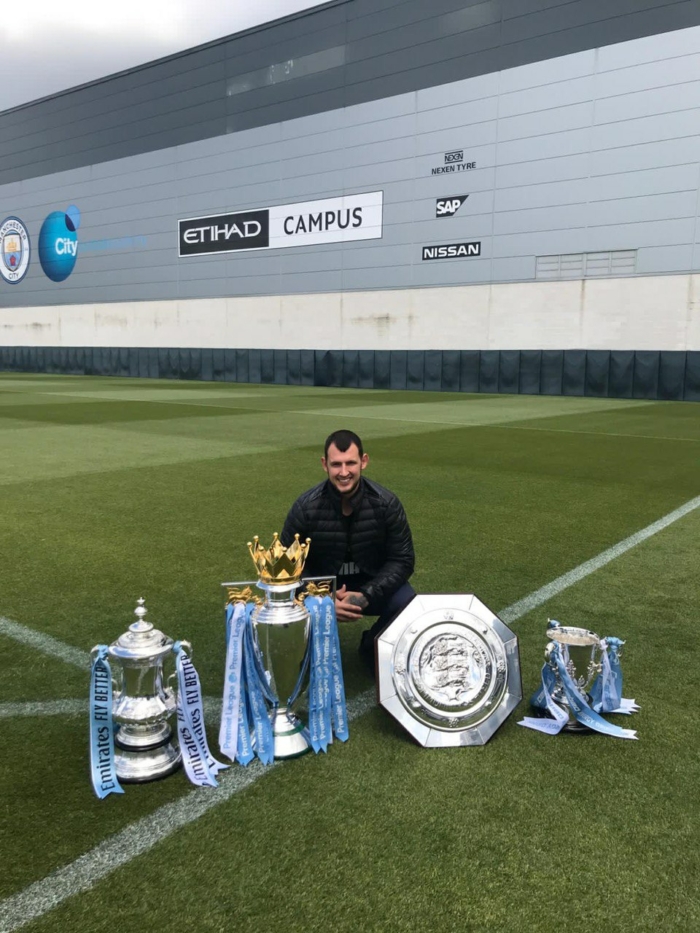
Franchuk: How do brands work with national teams?
Riabov: This is a rather interesting scheme: a company can use three players together under the auspices of its brand. And these obligations do not apply to a specific club. If the national team has selected any three players and one of them is a player of our club, then the image contracts of the club do not apply to this deal. The money received from the contracts of the national team goes to the development of national football and not a specific club.
Franchuk: Does the national team have contracts that run counter to the club's image interests?
Riabov: From the point of view of jurisprudence, we cannot deny the national team players when it comes to implementing such contracts. From an ethical point of view, there is room for maneuver — if a player refuses to participate in an advertising campaign for a valid reason, for example, a religious one, he can be replaced in communication.
Franchuk: What recommendations can you give to Ukrainian football clubs on working with sponsors?
Riabov: It seems to me that the most important thing is to adopt the experience of foreign specialists. It is important for Ukrainians who are in the football niche not to be ashamed to study. Nobody knows everything, but each of us can learn important skills. It is necessary to use the experience of foreign colleagues to develop your own strategy and train your specialists as it is done all over the world.
Each club needs to convey to the fans that football is not just a sport. It is high-quality leisure, spending time with friends and family. The official press conferences of the club's top officials announce the goals and strategy for the season and explain why the fans' support is necessary. The most important message that needs to be conveyed is that we will not exist without you.
There are also special groups of fan clubs (the official one is among them). There is a separate specialist of the club who keeps in touch with him, who is solely responsible for communication with the fans. And so, through communication with the official fan club, all information is disseminated. This communication is very simple, straightforward, and transparent. No one has any unanswered questions.
Franchuk: Why are brands queuing up to collaborate with top football players in England, while in Ukraine, a representative of any profession can be seen on billboards more often than athletes?
Riabov: It seems to me that the reason is that there is simply no market for sports marketing and works with football players as with image projects. Although the top clubs of Ukraine — Dynamo and Shakhtar — take part in the UEFA Champions League every year. Millions of people watch every League match. From all over the world. It is possible and necessary to work with this.
And if we are talking about the local market, then there is no system for working with the players' image rights. We need a precedent, for someone to be the first to sign a big contract with a player. This will give an example to the rest. Many will immediately understand that athletes can be brand ambassadors, company faces.
I will give a cool example from the point of view of the exploitation of image rights. A footballer Hector Bellerin plays a little now. Still, he is very immersed in the world of fashion: he was on the cover of Vogue, attends key Fashion Weeks. And I will note separately, this is the only athlete who in the entire history of Louis Vuitton has received a contract from this brand. This case clearly shows that it is essential for a football player to realize that he is an athlete and a creative unit.
Franchuk: And if we are talking about a local brand and a player from a local club. How do they find the intersection points?
Riabov: First, people should be proud of their city/region to honor local stars, including football. For example, in Manchester, we have a whole area with graffiti, where our football players are drawn, and a very simple slogan is written: "This is our city." If something similar was done in Poltava, it would cause a resonance throughout Ukraine.
Such small steps will build an image around the team. People's love and support will be formed from these precedents, and this is an important aspect of communication for a specific player and for brands that want to cooperate with them.
First, you build relationships with your hometown, region. Then you can enter the national market, and only then to the international one. You need to go to great success in small steps. And this is all work for the whole marketing team.
Franchuk: What are the main components of a successful club strategy?
Riabov: The most important thing is direct communication. The club needs to become the primary source of key news. It is necessary to avoid situations where negativity arises because someone, somewhere, heard something.
Dialogue between the football club and the players, city authorities, fans, sponsors is mandatory. It is necessary that the entire structure is built transparently and that there is mutual understanding. Because, whatever one may say, everyone is interested in their own benefit from this or that project. For example, a club may be of interest to a city because football players act as examples of paying taxes, which becomes the basis of a social campaign. It is important for management to remember that the image of each player affects the image of the entire club. This is a group responsibility. It will be hard without it.
The emphasis should be on the local market. Even if at first it is a pure image story.

